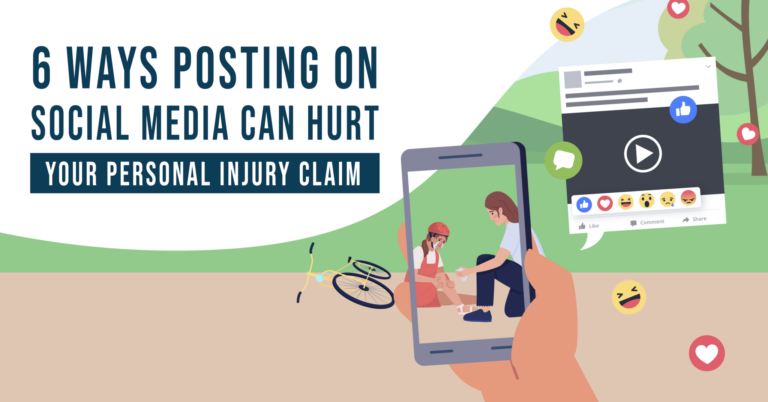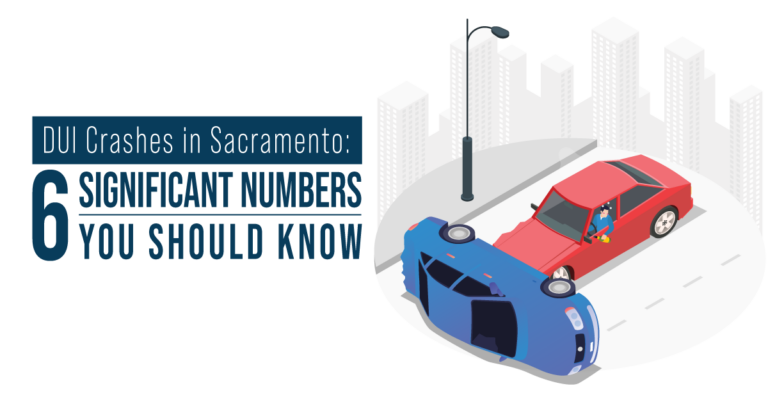Imagine this: you get into a car accident in which you sustain multiple injuries and excessive property damage. You file an insurance claim with the liable party’s insurance company as you were taught to do. You send along evidence in the forms of photographs and medical records. Then you wait…and wait…and wait. You do not hear back from them for weeks or even months, so you reach out to them and they tell you that they are processing your claim. You wait some more, and finally, what seems like months later, they contact you about a settlement. It is for half of what you claimed your damages to be. If you feel like that is a slap in the face, it is because it is. This type of run-around and low-balling is referred to as “insurance bad faith.”
 Under the law, insurance companies are required to act in good faith toward policyholders and third-party claimants. This means that they are required to investigate each situation thoroughly, negotiate fairly, and act in a timely fashion. They are not allowed to make low-ball settlements without even investigating a claim, or to put off settling a claim in the hopes that the claimant will just go away. In short, insurance companies must refrain from engaging in fraud or unfair dealing.
Under the law, insurance companies are required to act in good faith toward policyholders and third-party claimants. This means that they are required to investigate each situation thoroughly, negotiate fairly, and act in a timely fashion. They are not allowed to make low-ball settlements without even investigating a claim, or to put off settling a claim in the hopes that the claimant will just go away. In short, insurance companies must refrain from engaging in fraud or unfair dealing.
Unfortunately, many insurance companies act in bad faith despite the laws restricting them from doing so, and many get away with it. Do not let your claim be settled for less than what it is worth or, worse, archived, because you are not aware of your rights.
If you suspect that something is not right with your insurance claim, then chances are that things are not right. Contact our Orange County insurance bad faith attorneys regarding your unfair treatment and to learn more about your legal options. If there are signs of bad faith, your lawyer can help you file a lawsuit that is separate and distinct from your personal injury lawsuit against the insurance company in question.
Signs of Insurance Bad Faith
There are several ways in which an insurance company may commit acts of bad faith. This page provides basic information on bad faith practices and advice on how you should respond to them. Some examples of bad faith include:
Denying payment for a valid claim without cause.
Insurance companies should always give a reason for why they have denied your claim. If your claim was denied for no reason or for an unrelated reason, the insurance provider may be guilty of bad faith.
Offering less money than a claim is worth.
Low-ball settlements are a sure sign of bad faith. Most insurance companies make low offers because they know that many claimants will take it without a second thought. However, once you accept a settlement offer, you cannot appeal for more. If you are not sure what your claim is worth, consult with an Orange County personal injury lawyer. An experienced attorney can assess your case and let you know if the initial settlement is too low or spot on.
Delaying payment without a reasonable basis.
Insurance companies know that time is of the essence when it comes to approving requests for medical treatment. If your insurance company puts off approving your requests for prescribed care, or if it denies your request despite the facts, it is acting in bad faith. More than that, it may be putting you in danger.
Failing to conduct a thorough investigation.
Insurance companies are required to perform a prompt and thorough investigation into any claim. If it fails to do so, evidence could disappear, which is precisely why many insurance companies hold off for as long as they do. Failing to conduct a thorough investigation immediately after receiving a claim is an act of bad faith.
Misrepresenting the law or policy language.
Insurance contracts can be just as tricky as the actual law, which is how insurance companies like them to be. This makes it easier for representatives to misrepresent the policy language before and after an accident. If you were told one thing before your accident but another post-accident, you may have a case of insurance bad faith.
Using rude or threatening behavior.
This is one of the most outward signs of bad faith, and though it is uncommon, it still happens. If your insurance company threatens you in any way, or if it is rude you, you may have a case of bad faith.
Refusing requests for documentation.
If your insurance company denies your claim, you are entitled to request the documentation they used to come to their decision. In fact, you should. If they refuse your request, they are acting in bad faith.
Making overly burdensome requests for documentation.
On the flip side of the same coin, the insurance company is allowed to make requests for you, but those requests must be reasonable. For instance, asking for the police report and medical records is reasonable. Asking for photographs of the exact scene of the accident and medical records from when you were six is not.
How to Respond to Bad Faith Tactics
The best way to deal with bad faith insurance tactics is to reach out to an experienced Orange County insurance bad faith attorney. A lawyer will advise you on what you can to do to prove bad faith and recover compensation for both your accident and your hassle. Your attorney may ask you to document all interactions with the insurance provider, including those interactions that take place over the phone, via email, via mail, and in person. Emails and physical letters may be the most compelling evidence in your favor. Be as detailed in your documentation as possible, and include dates, times of phone calls, names of representatives, and any other information you feel would help prove your case.
Hire an Orange County Insurance Bad Faith Attorney
If you are a victim of bad faith, we understand that you may be feeling frustrated, overwhelmed, and out of options. You are not out of options. Reach out to the insurance bad faith attorneys at RMD Law to learn more about your legal rights and what you can do to fight bad faith tactics and recover the compensation you deserve. Call today to schedule your free consultation.
- Bicycle Accidents in San Francisco: How Safe Are Cyclists? - July 10, 2023
- 6 Ways Posting on Social Media Can Hurt Your Personal Injury Claim - July 5, 2023
- DUI Crashes in Sacramento: 6 Significant Numbers You Should Know - July 3, 2023


